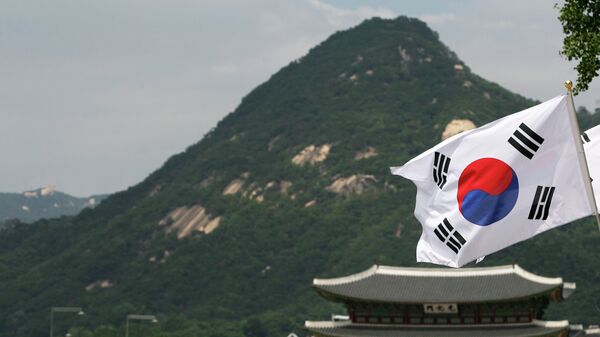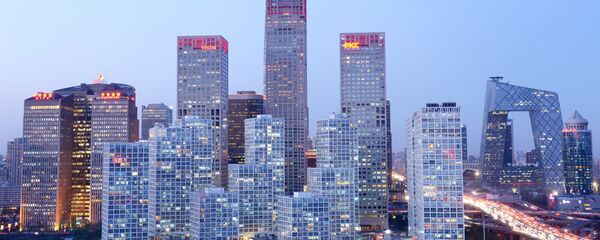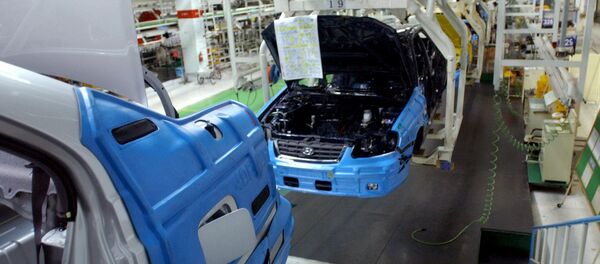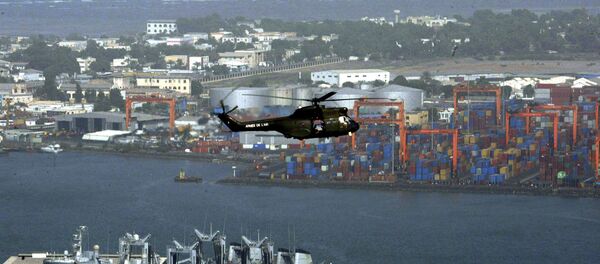According to him, there are several different reasons behind Seoul’s interest for Africa, in particular economic and political reasons.
First of all, South Korea is interested in having a broad access to the African market for its products.
"In particular, South Korea is interested in those African countries where there is the middle class. South Korean companies want to sell there their products, including consumer electronics. South Korean products are cheaper but at the same time are of high quality. For example, Samsung smartphones are extremely popular in Africa," Dayez-Burgeon wrote.
Moreover, since South Korea is not a large country it wants to buy land in Africa for agricultural production. Just like China, in order to have access to farming lands, South Korea has been actively investing in African economies.
For over a decade, South Korean businessmen and officials have regularly met with representatives of the Maghreb and most developed countries in Central Africa.
Furthermore, the author stressed the role of "soft power" in Seoul’s presence in Africa.
"South Korea is a recognized international power. It wants to have an international policy adequate to this status," Dayez-Burgeon noted.
Furthermore, the author underscored that there are two additional very important dimensions of South Korea’s presence in Africa that are "often ignored by media." They are religion and rivalry with North Korea.
There are many Protestant sects in South Korea, which are also very active in Africa, Latin America and in the Middle East.
As for the second factor, North Korea has long had a clear vision of its policy in Africa, including support for all regional dictatorships. Until the 1980s, only one of the two Koreas had presence on the continent.
According to the expert, currently South Korea’s presence in Africa is not significant in comparison to China’s influence on the continent. However, it is gradually increasing as Seoul understands the growing importance of its presence in Africa.
Dayez-Burgeon underscored that now there is no direct competition between China and South Korea in Africa.
"South Korean companies sell consumer electronics and other electronic products in Africa. At the same time, China is concentrated on low-quality consumer goods. Chinese companies are also involved in building railways and construction. South Korean companies build premium-class residential buildings. As for geography, China and South Korea are both involved in almost all African countries. However, Seoul prefers more economically developed nations," the article read.
However, Dayez-Burgeon argued that the South Korean political and economic model could generate "surplus value" for African countries.
"South Korea was a poor dictatorship regime and now it is an economically developed democracy. This is an example of what a nation can achieve as a democracy. Moreover, South Korea is a former colony which has been successfully developing since it gained independence. As former colonies, many African countries are interested in the South Korean model. South Korea sends an interesting message to African nations," the author concluded.





